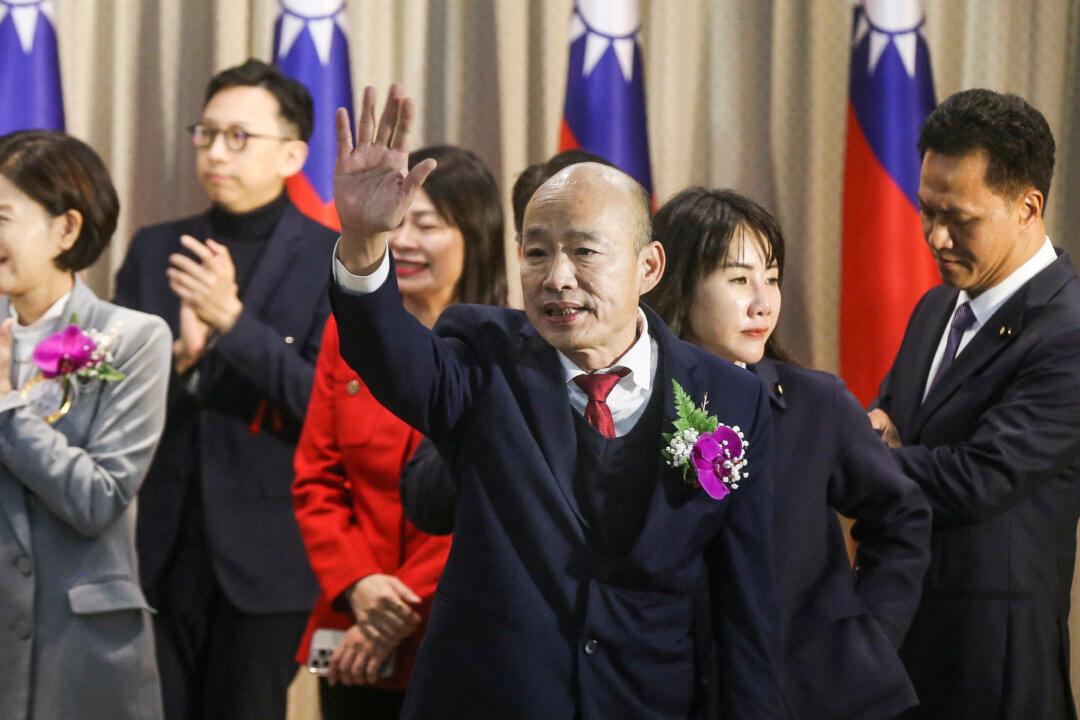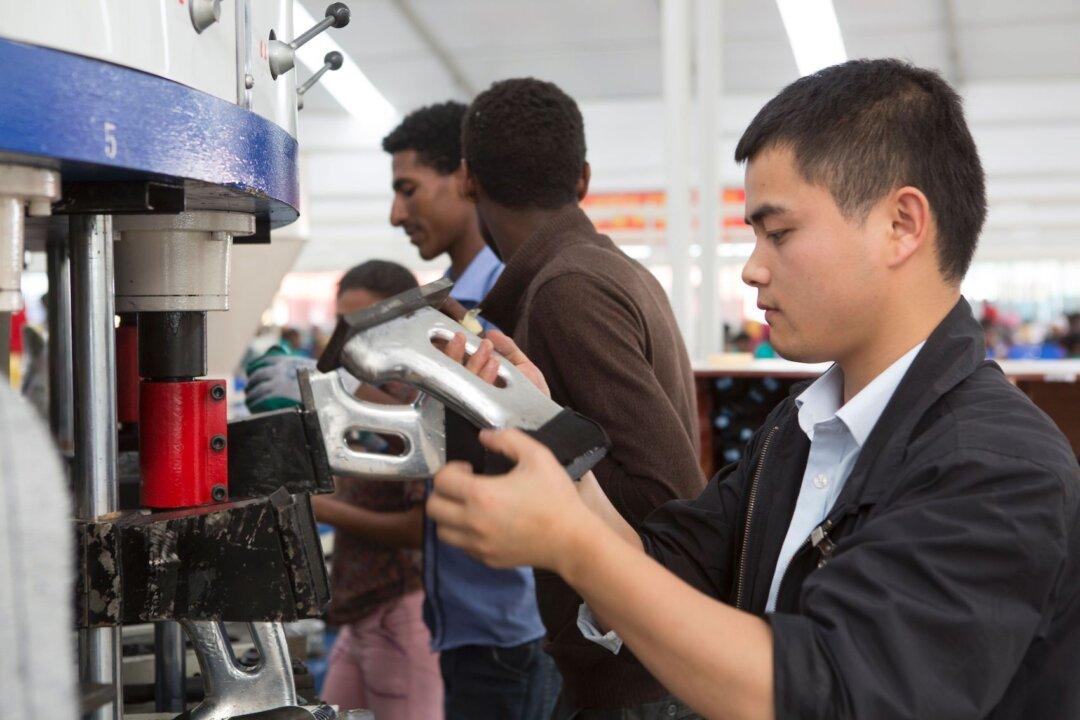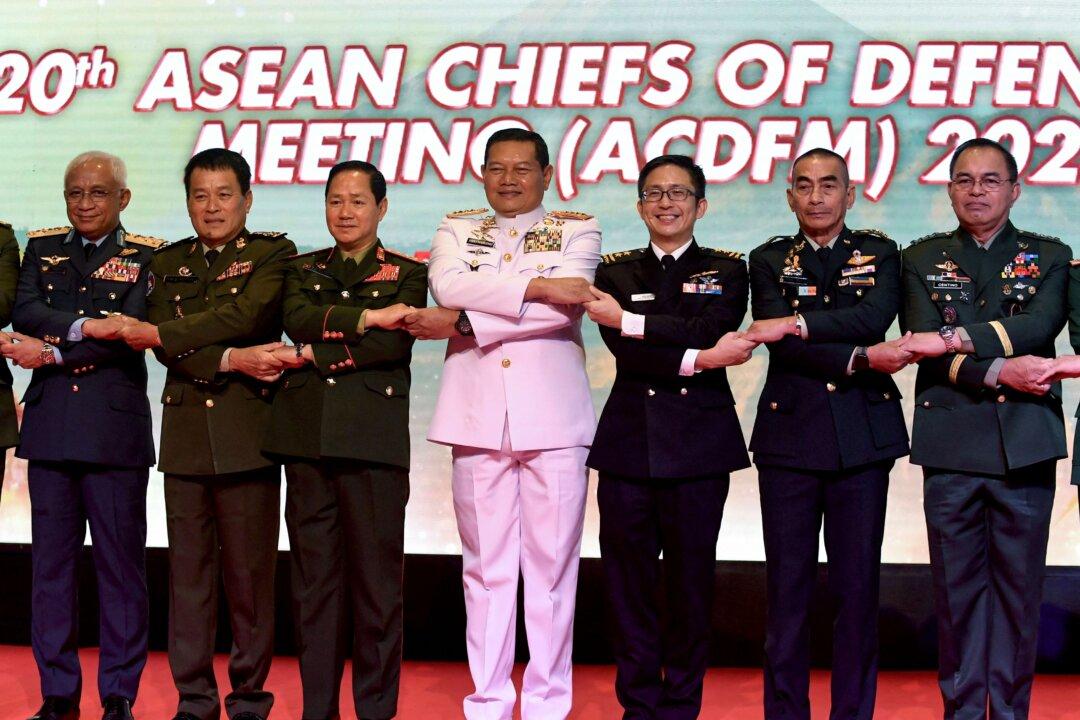Chinese netizens mocked Chinese artificial intelligence (AI) companies for their recent launch of ChatGPT copycats.
The public launch of the AI chatbot ChatGPT has created a sensation inside China, despite Chinese Internet users needing to break through the Great Firewall to access it.





